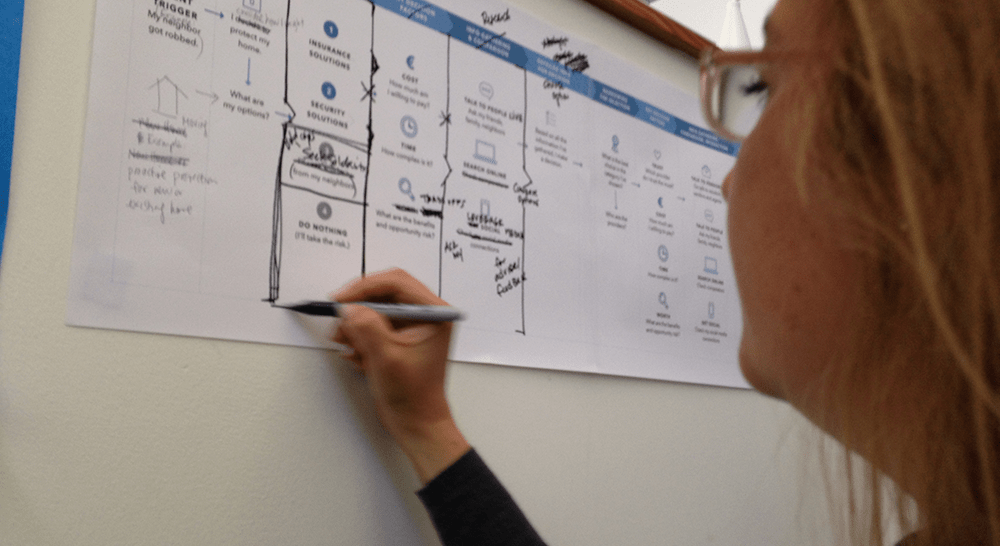
UX Lex
An evolving, interactive glossary of UX research terms.
It's ironic. Those of us who work in UX, user researchers included, aspire to create terrific user experiences. That’s what we do. But what we have done with our own terminology is to create a mess. Eighty UXers from around the globe began to address that problem in September 2019. Here is a sneak peek of that work. More details, and full credits, to come. Sign up here to get weekly terms in your inbox >>

Stakeholder
“Stakeholder” is the term used to describe anyone who holds a significant interest or concern in the research outcomes. Typically stakeholders include cross functional …

Survey / aka Questionnaire
A survey contains a set of baseline questions about a particular topic to collect self-reported and self-recorded data from a large number of individuals in a specific category. Ideally, the results are intended to achieve statistical significance. Responses may be provided …

Target Market / aka Target Audience
It is the term for the specific audience (individuals, households, organizations) for whom a product, service or initiative is intended to serve or attract. Target audiences can be large or small in scale, (referred to as the incidence rate depending on …

Topline Report
A written summary of the research goals and key learnings. Sometimes it also includes other contextual information, such as links to pertinent study artifacts, details about the research team, the project’s background, methodology, respondent profile, key quotes, timeline …

Transcript / Transcription
A written verbatim record of every word said during the course of qualitative research fieldwork. Typically transcripts include timestamps and a record of who was speaking during the interview or focus group sessions. It is used to inform the researcher during the process of report writing …

UCD / User-Centered Design
User-centred design places the intended user at the center of the design/development process. The practice includes them as frequently as possible within an iterative …

Unmoderated Study
An unmoderated study records responses and interactions focused on a very specific task and/or a defined question set, without a facilitator or moderator to guide …


Usability Research
Usability research is a specific facet within user experience research. It focuses on defined tasks (e.g. comprehension of an instruction manual, or ease of navigating a website to find something, etc.,) that contribute to the ease and effectiveness of …

Usability Test
A usability test comes under the umbrella discipline of usability research. It is a study with a directed, typically task based objective. The focus includes understanding the learnability, efficiency, memorability, error recovery, …


UX / User Experience
UX (User Experience) is the interaction, attitude and perception that someone has about a product, system, ecosystem (including communication), or service in regards …

UXR/User Experience Research
User experience research studies the specific experiences someone expects, desires, or has with a product, website, application, or service…

User Experience Researcher / UX Researcher
An individual whose primary function is to conduct user research in close collaboration with design, product management, data scientists…
Looking to get involved? Great!
Enormous accolades to the dozens of people who have already contributed to this work.
WE ARE ACTIVELY LOOKING FOR PEOPLE TO SUPPORT THIS INITIATIVE!
Share feedback on these definitions and any terms we may be missing. Learn about project sponsorship and advertising.
Have another idea or question? Great! Send us a note.

